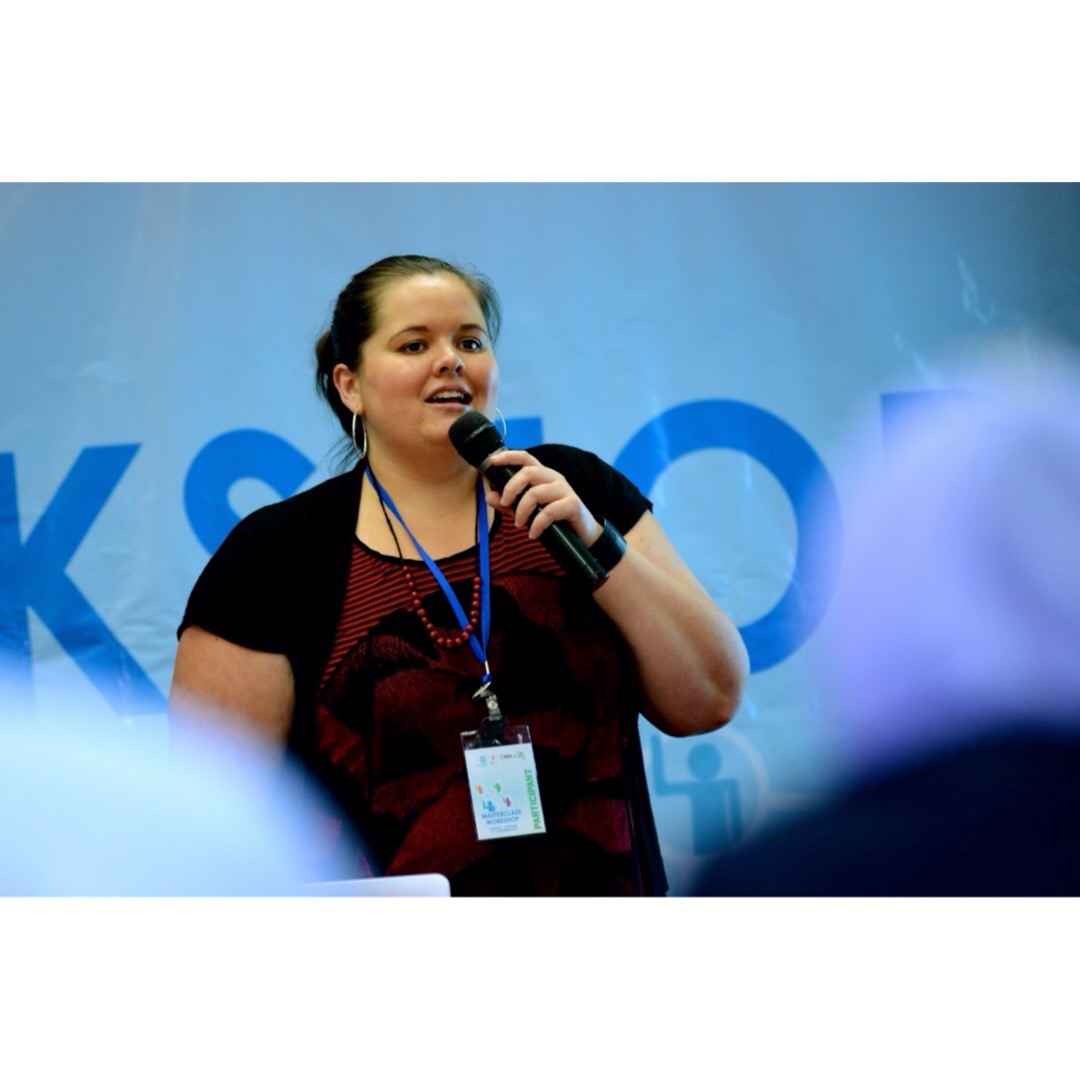In September 2014 Leah Barclay was invited to Indonesia to work with UNESCO in developing ideas for a new masterclass series in the Asia-Pacific region. As part of this invitation, she presented on the development of River Listening in biosphere reserves in Australia.
In the Asia-Pacific region, there is great disparity in terms of e-connectivity infrastructure among countries. The region includes industrialized countries and rapidly industrializing ones, but it also counts some of the least developed countries in the world, with varying track records on the implementation of their national sustainable development programs. As the network infrastructure has been developing in the area, the needs are now shifting from technologies to capacity building through appropriate distance learning materials and methods. Development and sharing of high quality contents that accommodate individual differences and needs of countries in Asia and the Pacific have been strongly sought by educators for e-learning programs. Many institutions are also trying to proactively use the network for Research and Development collaboration in areas of advanced science and technology. UNESCO, in its role as a laboratory of ideas and capacity-builder for development in its areas of competence, through the South-South Cooperation for Strengthening Science and Technology Literacy in the Asia and Pacific Region, is in a position to respond to the need for developing a scientifically literate citizenry not only for more enlightened policy-making, but for learning sustainable living, through a science education program. This will be done through enhancing the role of CONNECT-Asia in the delivery of mixed e-learning mode through Collaboration for Network-eNabled Education, Culture, Technology and Sciences (CONNECT) Asia.
